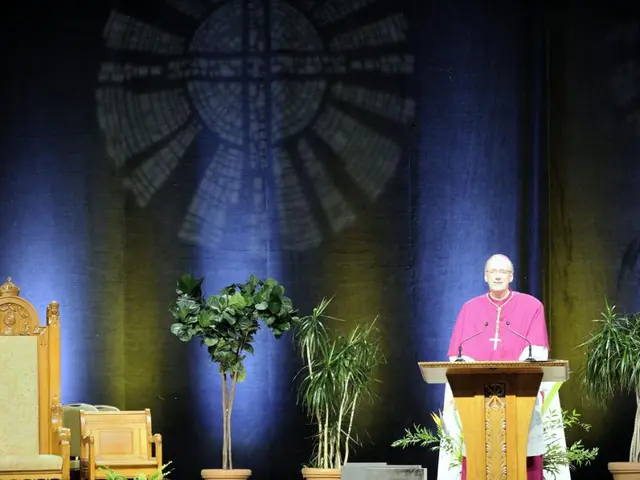Impact of the UK Budget on the Gambling Industry
The UK government is set to implement significant tax increases on the gambling sector, starting from 2025-2026. These changes include raising the remote gaming duty from 21% to around 50%, machine games duty from 20-25% to 50%, and general betting duty from 15% to 25%. Horse racing taxes would increase from 15% to 21%, aligning with online gaming rates[1][3][5].
The sector-wide tax rate has already increased to 34.2% in early 2025 and will rise to 37.8% in January 2026[2]. These tax hikes aim to generate over $2.4 billion additional government revenue annually, partly to fund social programs like tackling child poverty[1][4]. Former Chancellor Gordon Brown has publicly urged these increases as a cost-effective fiscal measure[4].
The potential impacts on gambling companies are substantial. Large operators, such as Entain (which owns Ladbrokes and Coral) and Flutter Entertainment (which owns Paddy Power and Betfair), may face substantially higher tax liabilities. This could lead to operational restructuring or price increases to cover costs[1][2]. The move to unify and increase tax rates may reduce sector margins overall.
Smaller companies and specific sectors, like horse racing, have expressed strong opposition. The British Horseracing Authority announced a historic strike in response to the planned rise from 15% to 21%, warning this threatens the sport's future viability[3]. Smaller businesses may find it harder to absorb these cost hikes.
There are concerns that increased taxes could push gamblers towards black market or unlicensed operators, which do not pay such duties, thus weakening the licensed sector’s market share and tax base[2][4].
The industry's trade bodies warn that the tax increases, combined with stricter regulations (like deposit limits and advertising restrictions), risk damaging the sector's financial health and player protection policies[2].
The UK gambling sector, considered a soft target for increased regulation and taxes, has already experienced a significant market value loss due to potential tax raid rumours. On Monday, Entain, Evoke, Flutter Entertainment, and the Rank Group all saw their stock drop significantly[6].
The Treasury is considering two separate proposals to increase taxes on the UK gambling sector, with the Social Market Foundation (SMF) proposing increasing online gaming taxes by £900 million and the Institute for Public Policy Research (IPPR) suggesting a £3 billion increase across a range of duties[7].
As the Budget approaches, gambling bankers will be watching closely. Analysts believe the sector is "facing tougher regulation and taxes", but a hike in remote gaming duty of between 3% and 5% is likely[8].
The financial fallout from these tax increases could lead to consolidation within the industry, with larger firms in the UK gambling industry considering selling UK assets[9]. Smaller firms, on the other hand, may seek to "couple up" to better absorb the financial impacts[10].
Sources:
- The Guardian: UK gambling tax rises to be announced in autumn budget, say reports
- The Telegraph: UK gambling tax hike could cost sector £3.5bn, warn analysts
- BBC News: British Horseracing Authority announces historic strike over tax rise
- The Independent: UK gambling tax hike: What will it mean for the industry and the government?
- Financial Times: Chancellor to raise gambling taxes in autumn budget
- Reuters: UK gambling shares tumble on tax hike fears
- City A.M.: UK gambling tax hikes: What the proposals mean for the industry
- Sky News: UK gambling tax hike: What does it mean for the industry?
- The Times: UK gambling firms consider selling UK assets amid tax hike fears
- The Sun: UK gambling firms 'to merge in bid to survive tax hikes'
- The significant tax increases on the UK's gambling sector, affecting finance areas such as remote gaming, machine games, and general betting duties, may prompt businesses like Entain, Flutter Entertainment, and smaller gambling companies to restructure their operations or adjust prices, due to increased tax liabilities.
- The proposed tax hikes on the gambling sector, potentially reaching £3 billion, could lead to consolidation within the industry, with larger UK gambling firms evaluating the possibility of selling their assets, while smaller firms might seek mergers to help absorb the financial impacts.




